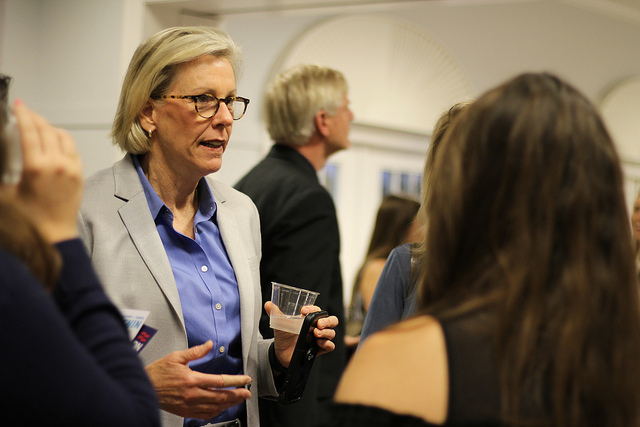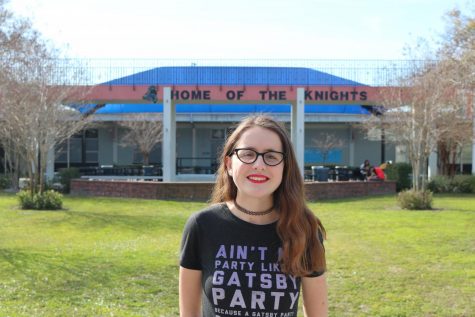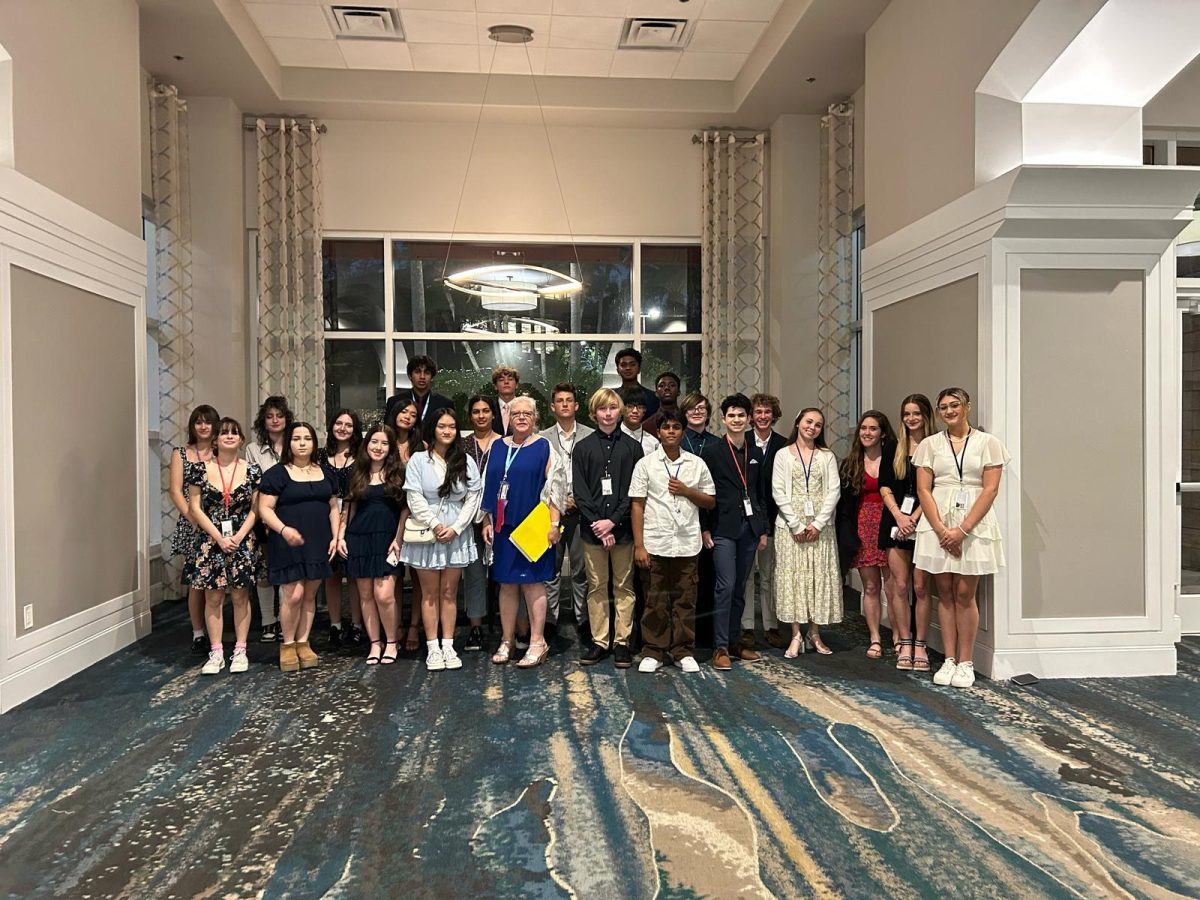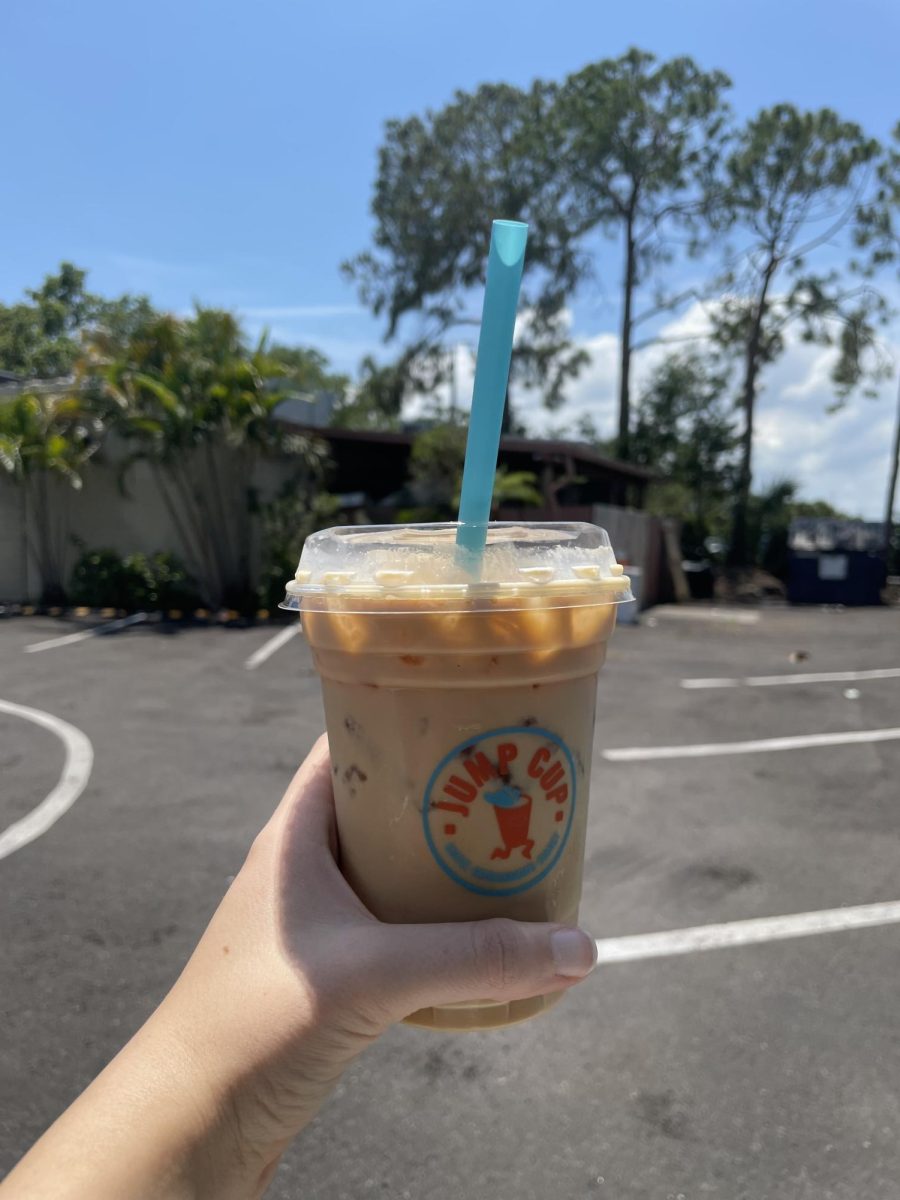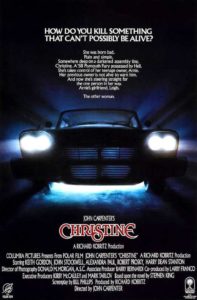2019 Election brings big changes to Tampa
Photo J. Oben
Mayoral candidate Jane Castor speaks to voters at a meet and greet event.
February 21, 2019
Come March 5, Tampa will experience a serious shakeup in its government. Not only will the city elect a new mayor in the upcoming municipal election, it will also elect four new City Council members and approve or reject 18 amendments to the city charter.
The mayoral race is such a crowded field that, at a first glance, it can be hard to tell the candidates apart. All seven identify as Democrats, and all seven have focused on similar issues, including transportation, housing and careers, thus far in their candidacies.
Two of the candidates, Harry Cohen and Mike Suarez, are current City Council members representing districts one and four, respectively. Both men cite their political experience as a strength that would help them to design and implement policies.
“I think that the city’s challenges in the coming years tend to relate to infrastructure,” Cohen said. “I have plans that are very specific to deal with those things.”
In a field of current and former government employees and notable public figures, Topher Morrison is perhaps the only outlier. Morrison is a local business owner and an ex-hypnotist whose clients included Olympic athletes.
Although he lacks prior experience in government, Morrison believes that he has learned the skills necessary to be mayor elsewhere.
“Small business owners never have enough time, never have enough resources, never have enough money; they have to take a dime and stretch it to a dollar,” he said. “These are all things that mayors need to have.”
The favored candidate to the win the race appears to be former police chief Jane Castor, with 45 percent of likely voters saying that they would vote for her in a Feb. 4 poll by St. Pete Polls. Castor believes that her career in public service and comprehensive knowledge of Tampa’s government set her apart.
“I’ve spent 31 years patrolling every inch of our community,” Castor said. “I’m the candidate that understands the issues, is an effective problem solver, and a proven leader.”
David Straz Jr., a retired banker and philanthropist, polls at a distant second, with just 13 percent of voters saying that they would vote for him.
However, even with her significant polling lead over the other candidates, Castor still might not have enough votes to win on March 5. Candidates must win 50 percent of the vote or more to be declared victorious, or the race will move to a runoff between the two candidates with the highest percentages of votes on April 23.
Runoff elections are highly likely in Tampa because voter turnout is so low, making it very difficult for any one candidate to reach 50 percent of the vote or higher.
Only 41,498 people, about 22.9% of registered voters in Tampa, voted in the 2011 mayoral election. When Bob Buckhorn ran unopposed in 2015, the turnout was nearly half that, despite the fact that five out of Tampa’s seven City Council seats were up for contention.
This year, all seven of Tampa’s City Council seats are up for election. In districts 2, 6 and 7, newcomers are challenging incumbents. Meanwhile, districts 1, 3, 4 and 5 will all be electing entirely new members.
Council members for districts 1, 2 and 3 are elected at-large, meaning that the entire city for votes for them and they represent the entire city once elected rather than a specific neighborhood. All other districts are elected by and representative of specific neighborhoods throughout Tampa.
Vibha Shevade, a candidate for city council district 3, believes that this election has the power to transform Tampa’s government.
“If you vote for the same people, over and over again, you’re going to get the same results,” Shevade said. “You need to go different and you need to go for change.”
In an election where so few votes can make a difference, candidates must work hard to reach voters and stand out. Part of that includes encouraging voters of all ages to use their vote.
“It’s critically important that young people get involved in local elections and that they make informed decisions when they vote,” Castor said.


